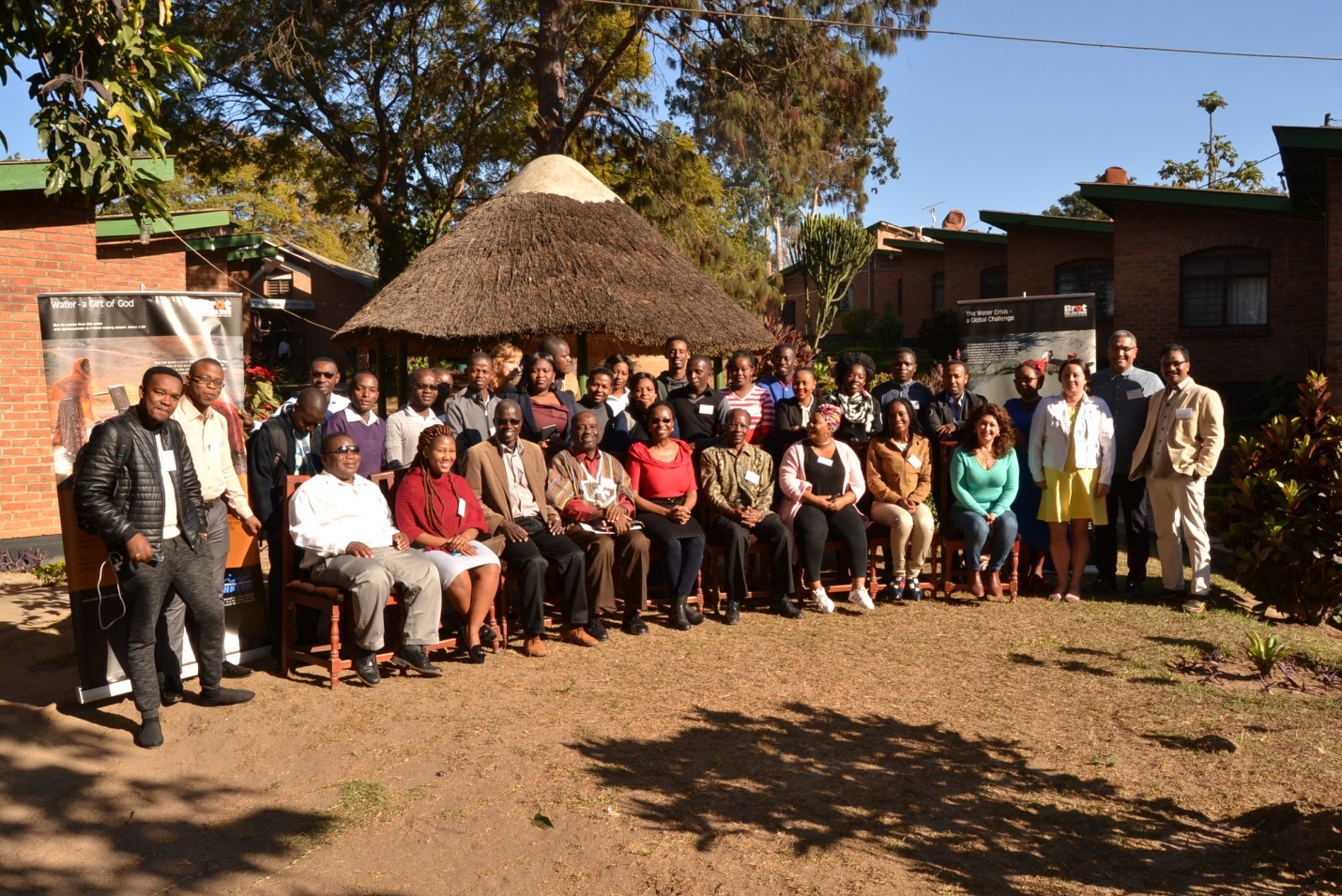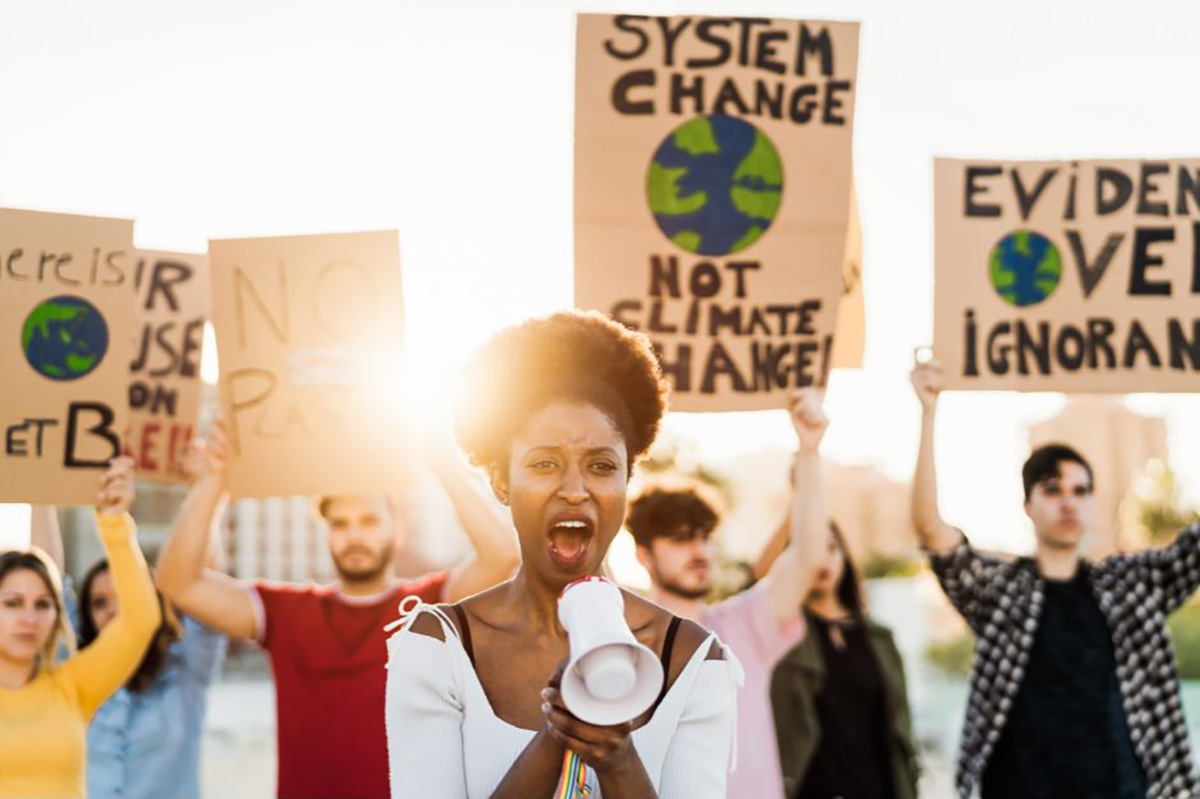“Addressing the role of faith in the fight for eco-justice”
August 21st, 2017 As Africa teeters on the precipice of possibly the worst humanitarian crisis in its history, Azinwi Ngum, 26, a Correspondent from Cameroon, examines how a ecumenical training school is presenting young people with new ways of thinking about climate change.
As Africa teeters on the precipice of possibly the worst humanitarian crisis in its history, Azinwi Ngum, 26, a Correspondent from Cameroon, examines how a ecumenical training school is presenting young people with new ways of thinking about climate change.
Africa is on the precipice of the worst humanitarian crisis in history. Streams are drying up, rivers have become play ground for children, fauna and flora is disappearing. The adverse effects of climate change are worsening.
But that’s not all. Approximately 795 million, or about one in nine, people go to bed on an empty stomach each night. About 1.8 billion people drink contaminated water. Close to 2.4 billion people lack access to basic sanitation services, such as toilets or latrines. And each day, nearly 1,000 children die due to preventable water and sanitation-related diseases. What can Africa’s youths do to curb this changes? Can the church play a role in fighting for eco-justice?
These questions were at the center of the first-ever “Eco-School on Water, Food, Health and Climate Justice”, which was organized by the World Council of Churches (WCC). The ten-day training conference, held in Blantyre, Malawi, brought together 30 young people from across 16 African countries to understand the local, regional, and international causes of water and food security impacted by climate change.
The nexus between water, food, health and climate change has a deep impact on the sustenance of communities regarding their livelihoods and survival. The World Council of Churches is committed to equipping young people to build resilience and transform their communities.
“Vulnerable communities are always at the receiving end when it comes to impaired access to food, water, health care and suffering dis-proportionally from the impact of climate change,” said professor Isabel Phiri, WCC Deputy General Secretary, at the conference.
“It is vital to see these challenges through the lens of justice and human dignity. It is imperative for churches to invest in the youth of Africa to take leadership in addressing these issues in the time frame of the 2030 Sustainable Development Goals.”
The lessons at the eco-school helped to deepen the students’ comprehension of how the complex nexus of climate change, water, food security, and health are all intertwined.
To that end, this edition of the eco-school served as an occasion for possible ecumenical responses to these pressing global concerns.
Photo credit: Azinwi Ngum
…………………………………………………………………………………………………
About me: I am a master’s student in environmental economics, rural development and food processing in the University of Yaounde, and an advocate for women’s and girls’ education in my local community.
I believe in the development of my country with the involvement of women in decision making processes. I aspire to be a rural development consultant and to champion women economic empowerment via agriculture. In my free time I love travelling and cooking, tweeting and blogging about women’s issues.
………………………………………………………………………………………………
Opinions expressed in this article are those of the author and do not necessarily represent the views of the Commonwealth Youth Programme. Articles are published in a spirit of dialogue, respect and understanding. If you disagree, why not submit a response?
To learn more about becoming a Commonwealth Correspondent please visit: http://www.yourcommonwealth.org/submit-articles/
…………………………………………………………………………………………………




